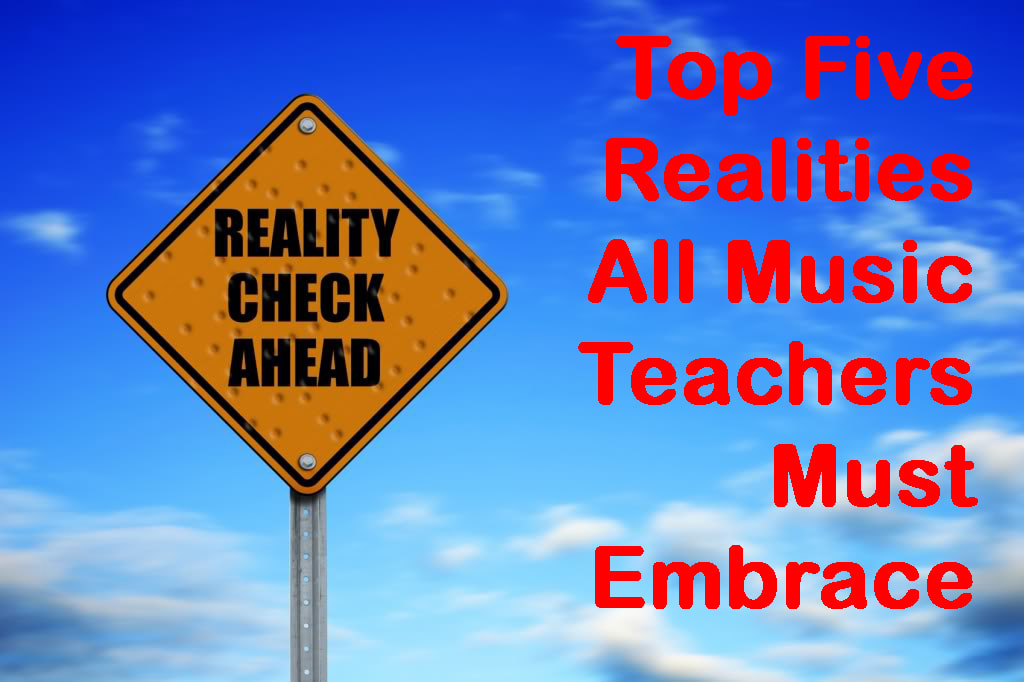We all have realities that we don’t like looking in the eye.
Like a year and a half ago when I was weighing in at 251 pounds and buying my first pair of 40 inch Levi’s. Not exactly where I wanted to be. Six months later, I was at 198 pounds and wearing in my 36 inch jeans as well as suits, tuxes, and pants I wore when Bill Clinton was still governor of Arkansas. And I haven’t looked back.
Like a year and a half ago when I was weighing in at 251 pounds and buying my first pair of 40 inch Levi’s. Not exactly where I wanted to be. Six months later, I was at 198 pounds and wearing in my 36 inch jeans as well as suits, tuxes, and pants I wore when Bill Clinton was still governor of Arkansas. And I haven’t looked back.
My plan had no room for procrastination, excuses, lack of reality, or whining.
During my career, I worked with some incredible educators who set comprehensive career goals and achieved them. They not only learned how to go with the flow but how to redirect the flow to their advantage. The daily attitude they projected was one of positivity, grit, and gratefulness.
I also observed some music teachers who refused to look at the reality of their professional situation. They chose to complain and not face facts. It was not lost on me that most of their complaints were temporal in nature and were a way of sublimating the really important stuff: personal and professional skills as well as not preparing for their economic life after teaching career.
PLC (professional learning community), curriculum development teams, department meetings, and yes, even happy hours often drift into bitch sessions where everyone unloads about what's wrong with their job: lots of venting, nothing is made better or resolved, good alcohol is wasted on bad talk, and in the end, reality is skirted.
American author Willa Cather observed that “There are only two or three human stories, and they go on repeating themselves as fiercely as if they had never happened before.” That applies to my top five ignored realities.
Here’s the list. I’ll explore each reality in future posts.
First Reality: “I wasn’t trained to be a _____ music teacher. I’m a ______ music teacher!”
Second Reality: “How do they expect me to teach with the measly budget they give me.”
Third Reality: “Every year, I get the same terrible schedule. How am I supposed to accomplish everything with what they give me?”
Fourth Reality: “I don’t need to know how to play guitar/piano. My music ed teacher in college didn’t play so why do I have to?”
Fifth Reality: “Our department head/administrator isn’t a musician, let alone a music teacher. He/she doesn’t understand that teaching music is different than other subjects.”
During my career, I worked with some incredible educators who set comprehensive career goals and achieved them. They not only learned how to go with the flow but how to redirect the flow to their advantage. The daily attitude they projected was one of positivity, grit, and gratefulness.
I also observed some music teachers who refused to look at the reality of their professional situation. They chose to complain and not face facts. It was not lost on me that most of their complaints were temporal in nature and were a way of sublimating the really important stuff: personal and professional skills as well as not preparing for their economic life after teaching career.
PLC (professional learning community), curriculum development teams, department meetings, and yes, even happy hours often drift into bitch sessions where everyone unloads about what's wrong with their job: lots of venting, nothing is made better or resolved, good alcohol is wasted on bad talk, and in the end, reality is skirted.
American author Willa Cather observed that “There are only two or three human stories, and they go on repeating themselves as fiercely as if they had never happened before.” That applies to my top five ignored realities.
Here’s the list. I’ll explore each reality in future posts.
First Reality: “I wasn’t trained to be a _____ music teacher. I’m a ______ music teacher!”
Second Reality: “How do they expect me to teach with the measly budget they give me.”
Third Reality: “Every year, I get the same terrible schedule. How am I supposed to accomplish everything with what they give me?”
Fourth Reality: “I don’t need to know how to play guitar/piano. My music ed teacher in college didn’t play so why do I have to?”
Fifth Reality: “Our department head/administrator isn’t a musician, let alone a music teacher. He/she doesn’t understand that teaching music is different than other subjects.”


 RSS Feed
RSS Feed